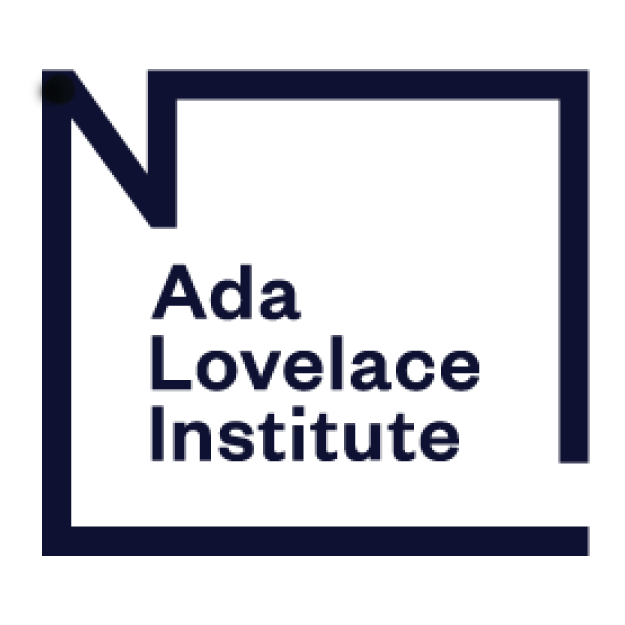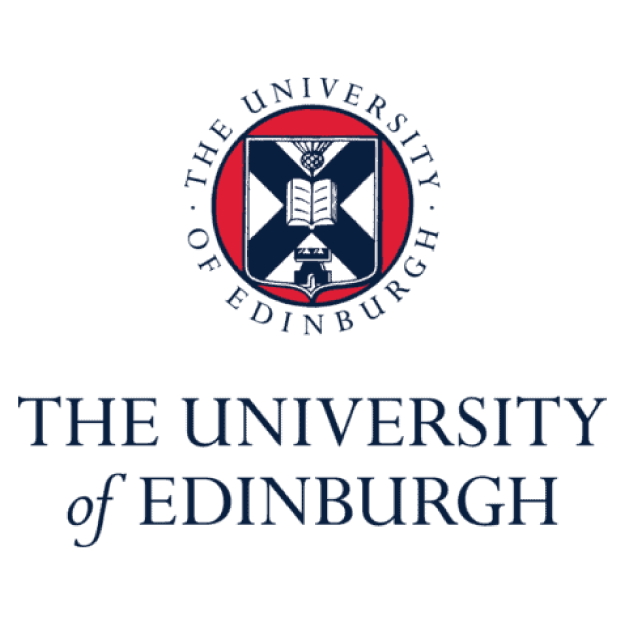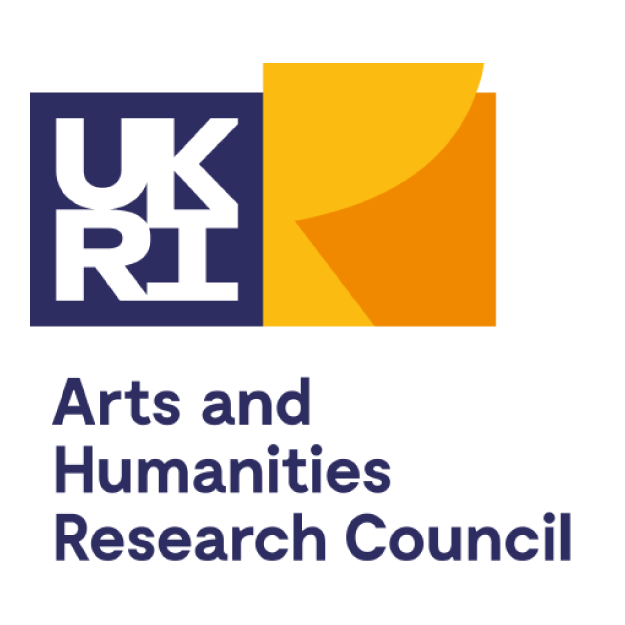BRAID fellowships
The fellowships support individual researchers to work in partnership with public, private and third sector organisations to address current challenges in the field of responsible AI.
By working on common challenges across sectors and with a range of stakeholders, the programme aims to support leadership in the field of responsible AI, create lasting connections, and directly impact how AI is considered, developed and deployed in research, in practice, and in society at large.
Our current active projects are listed below.























